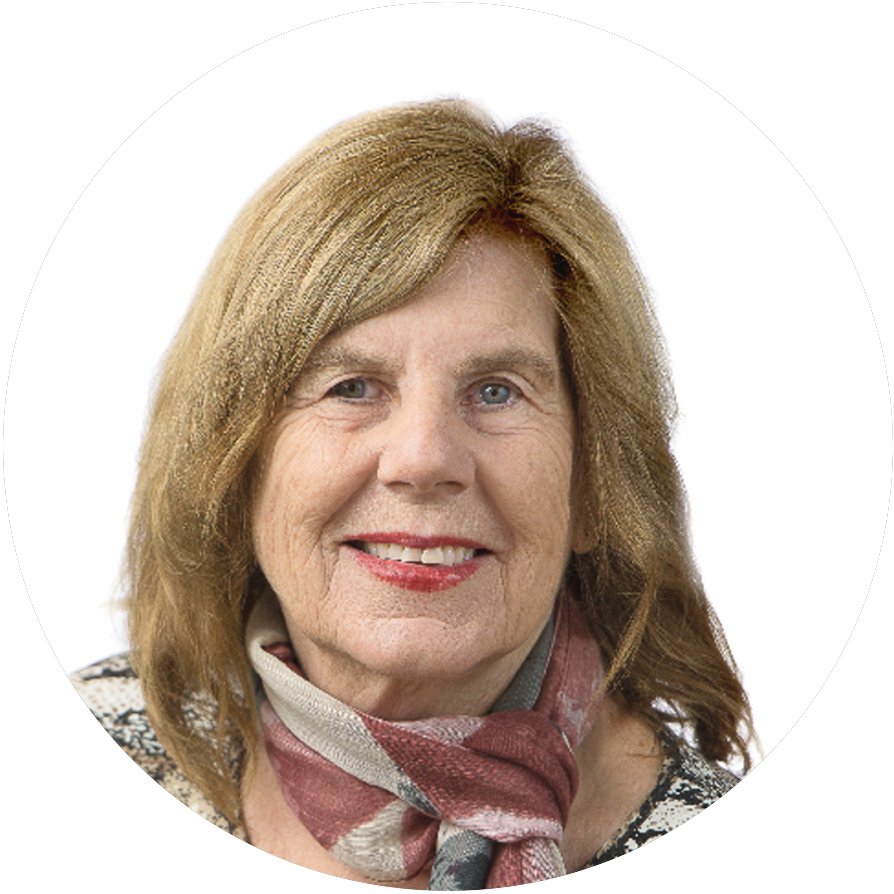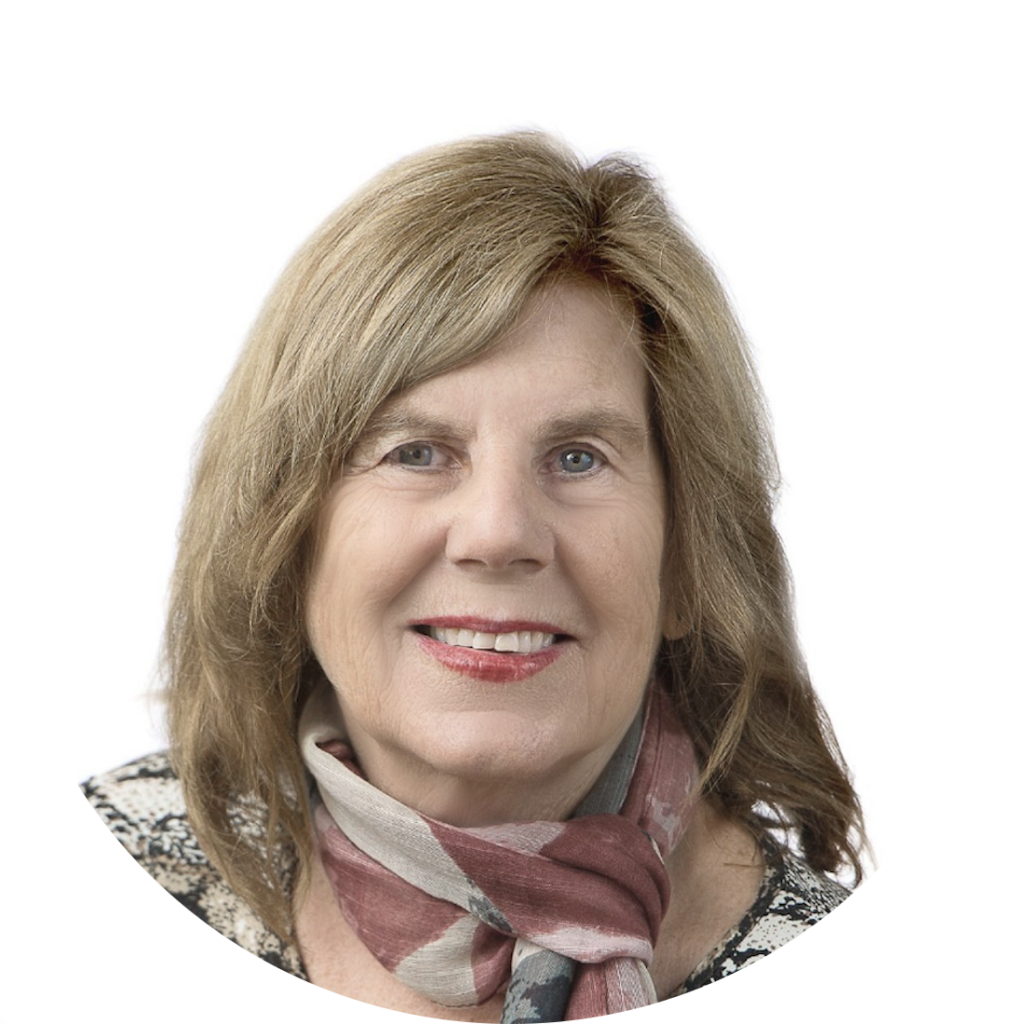The systems psychodynamics of
Decolonising Minds, Workplaces & Curricula
for a better future
🔖 PRESENTATION
Paper (parallel)
📆 DATE
Wednesday 20 Nov 2024
⏰ MELBOURNE TIME
5.00 - 7.00 pm
⏰ LOCAL START TIME
time start

Professor Susan Long
PhD Course Co-Lead, NIODA
Susan Long is PhD Course Co-Lead at NIODA. Currently, she supervises doctoral candidates and conducts organisational research and teaches in the INSEAD Master of Coaching and Consulting program in Singapore.
As an organisational consultant in private practice Susan works with organisational change, executive coaching, board development, role analysis, team development and management training. She originally trained as a clinical psychologist and psychotherapist.
Susan’s experience of working with people as individuals and in groups and organisations gives her a broad perspective on management practices. Susan’s capacity as a teacher and organisational consultant/ researcher has led her to be invited onto the boards of prestigious organisations and elected onto the committees of professional bodies.
She has published ten books and many journal articles.
⏰ DURATION
120 minutes
Decolonising Nature: Consciousness and Unconsciousness beyond the human
“We are the cosmos made conscious and life is the means by which the universe
understands itself.” (Brian Cox particle physicist 2021)
Increasingly evidence shows that non-human animals have emotional and cognitive capabilities well beyond what humans have previously thought. Even the earth as a system indicates its living nature. For centuries humans have exploited the earth and its living creatures. We have colonised nature for our own purposes. Yet recognition of the coming of the Anthropocene age – where human activity has influenced geological, weather and ecological systems – shows that such a colonisation has led to systemic changes that now threaten the whole of humanity.
How might we collectively begin to decolonise nature – there is no plan-et B. Have humans evolved an ecological ethical consciousness? Is there an ethic to the unconscious in humans and in nature? This contribution examines these questions.
From my study four distinct views of the unconscious in nature start to emerge:
(i) the unconscious as implicate in all of life, including the earth as a system;
(ii) the unconscious of instincts and internal models evident in habitual behaviours and communicated through basic signs;
(iii) the repressed unconscious of psychoanalysis, evidenced in symbolic functions,
described as a human process and unknown as to its existence in other life
forms; and
(iv) the unconscious in ethical evolution evidenced through the development of
conscience and accountability (again, with some basics in species other than human).
References
Feinberg, T. and Mallat, J. (2017). The Ancient Origins of Consciousness: How the brain created experience. M.A.: MIT Press.
Hoggett, P. (2023) ‘Imagining our Way in the Anthropocene’ Organisation and Social
Dynamics Special Issue: Organisational systems and the earth’s mega-systems:
Volume 23 Number 1 Summer 2023 pp.1-14.
Long, S.D. (forthcoming Feb 2025). The Evolution of the Unconscious: Persons, groups, nature and spirit. Routledge.
Louie, A. H. (2010). ‘Robert Rosen’s Anticipatory Systems’ Foresight 12 (3) 18-29.
https://www.researchgate.net/publication/228091658_Robert_Rosen’s_anticipatory_systems accessed May 21 2024.
Maran, T. and Kull, K. (2014) ‘Eco-Semiotics: Main Principles and Current Developments’, Geografiska Annaler: Series B, Human Geography 96 (1): 41–50.
Monso, S; Benz Schwarzberg, J. and Bremhorst, A. (2018). ‘Animal Morality: What it means and why it matters.’ J Ethics 2018;22(3):283-310. doi: 10.1007/s10892-018-9275-3. Epub 2018 Sep 27.
Van Swinderen, B. (2024). Discussion on the ABC Program All in the Mind- episode Animal Consciousness March 31 st 2024.
Day(s)
:
Hour(s)
:
Minute(s)
:
Second(s)
Session schedule
5 MINS
Introduction
30 MINS
Paper presentation
20 MINS
Small group discussion; impressions of the paper and developing questions for the presenter
20 MINS
Discussion forum with the presenter; moderated for the speaker to elaborate their ideas
10 MINS
Discussion forum with the presenter; themes from the discussions
5 MINS
Break
30 MINS
Whole symposium open reflection discussion
Share this presentation!
Parallel Paper Presentations
The following are presenting at this time

DR LESLIE BRISSETT
At War against Nature - The Iceman Legacy

DR ALICIA KAUFMANN
Enough is enough: from humiliation to empowerment: the case of spanish sports women

PROF SUSAN LONG
Decolonising Nature: Consciousness and Unconsciousness beyond the human

